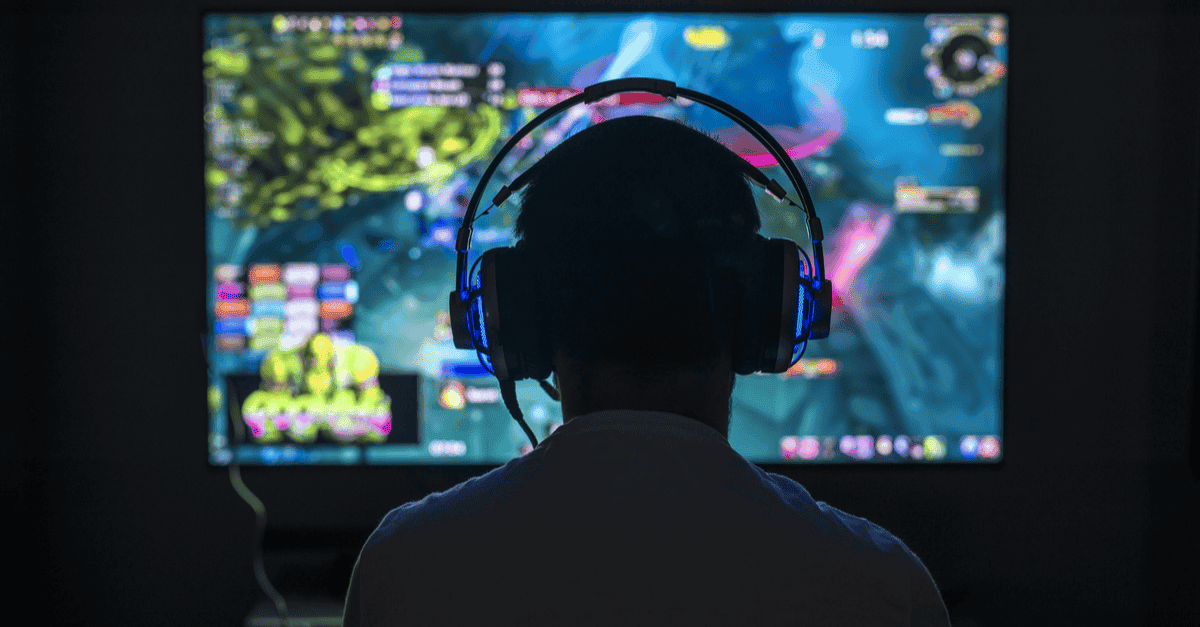It’s understandable to believe that if you can get your child’s gaming under control, then everything will return to normal. However, every addiction is best understood as a symptom rather than the problem. For this reason, telling your child to reduce their gaming, punishing them for breaking rules or restricting their access to devices, probably won’t solve their difficulties permanently.
The key to real change is this – what is so distressing or unsatisfactory about your child’s life when s/he is not gaming? To overcome gaming addiction, your son or daughter will need help to discover the answers to this question, as well as learning how to cope in healthier ways.
Of course, it’s an important step for your child to acknowledge the consequences of harmful gaming, including how health, relationships, education and finances are affected – but this is only the start. Lasting recovery from gaming disorder comes through awareness and emotional resilience. Your child needs to know how to recognise and handle emotional distress including when they crave game play.






